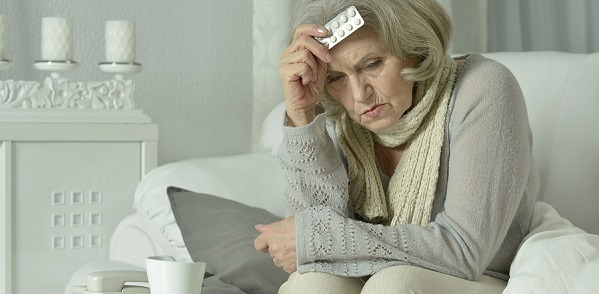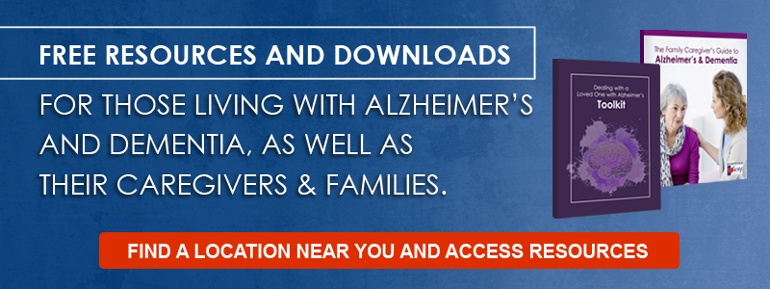Many seniors are diagnosed with Alzheimer's or dementia, and these seniors will inevitably need more and more help. While seniors with Alzheimer's can do better in their own home with the supervision of a family member, there may be a time when family caregiving isn't the best choice. Here are some signs that you may need a professional caregiver.
Worsening Health
Declining health is an unfortunate part of growing older, especially in Alzheimer's patients. It can be difficult for family members to manage a senior's increasing number of prescriptions or even to convince your loved one that taking pills is necessary. When chronic health problems start to interfere with other aspects of care, it's time to consider professional caregivers.
Changing Life Circumstances
It is often difficult for an Alzheimer's patient to adapt to changing circumstances. A new job offer in another state or the arrival of a new baby can put an ordinary household into turmoil. And it can greatly disturb and upset a senior with Alzheimer's or dementia. Under these circumstances, professional care can provide stability that your home may now be lacking.
Difficulty Managing Daily Tasks
If it feels like you're constantly doing minor things, such as feeding or bathing your aging parent, family caregiving may no longer be appropriate. The more time you're spending on care, the less time you have for other tasks like grocery shopping or cleaning your house. Being unable to accomplish weekly errands is not good for either you or your loved one.
Behavior Issues
An Alzheimer's patient doesn't always decline in physical health. However, their declining mental health means that they may no longer understand who you are or where they are. This can lead to angry outbursts and even result in physical violence. If these outbursts are common, your safety and theirs may indicate that a professional is needed.
Your Health Declines
Family caregivers can get so wrapped up in caring for their patients that they forget to look after their own health. If you're neglecting doctor visits for yourself or are ignoring signs of stress-related health problems in your own body, you're not doing either of you any favors. While it may initially sound selfish, caring for yourself properly is actually even more important than caring for your parent. After all, if your own health declines to the point where you become incapacitated, who will be caring for and looking out for your relative?
Excess Complaining
Your loved one might not be happy with the situation any longer. They might not have someone their age to socialize with. They also might not feel as though they're getting the level of care that is required. Listen to the concerns to know when it's time to look at another option.
At Caring Senior Service, we understand the toll that caregiving can take. That's why our expert staff is comprised of extremely knowledgeable, friendly, and trusted professionals who take pride in helping your loved one manage their daily activities. Our caregivers are specially trained to help Alzheimer's and dementia patients have the best quality of life possible.
To learn more about seniors with Alzheimer's or dementia, review our free downloadable resources. Find your local Caring Senior Service to access our library.


